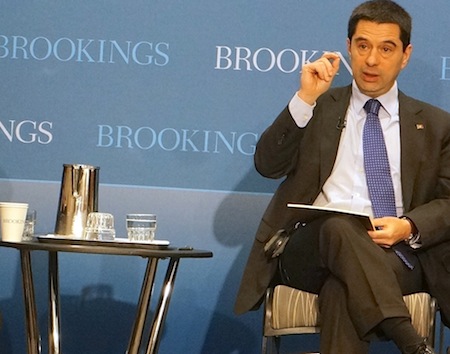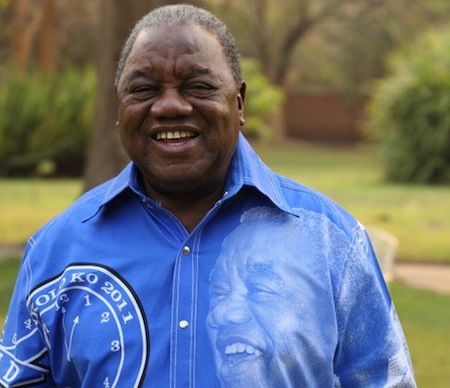The economic blogosphere is lighting up over reports that Polish prime minister Donald Tusk is now talking about a referendum for his country to join the eurozone.![]()
That’s a big deal on the surface — with 40 million people, Poland is the largest European Union member after the United Kingdom not to use the single currency, and it’s one of eastern Europe’s fastest-growing economies.
Paul Krugman at The New York Times and Dylan Matthews at The Washington Post‘s Wonkblog are on the case, with very solid arguments for why Poland is crazy to want to join the eurozone. Writes Matthews:
It’s fair enough if Poland wants to develop closer ties to its European neighbors. But as [Krugman notes], joining the euro would deprive Poland of the strategy that allowed it to weather the recession so effectively. The key to the Polish miracle was massive currency devaluation.
Krugman and Matthews both highlight that the Polish key to outperforming the rest of Europe has been its ability to devalue the złoty and control its own monetary policy. It’s also helped that Poland has one of Europe’s lowest public debt loads — around 55% of GDP, compared to Germany’s 80% public debt load or 90% in France.
If you need to look any further for counterfactual proof, take a look at former East Germany, where economic growth still lacks former West Germany — despite the overwhelmingly strong political rationale for Germany reunification, it’s not clear that a currency union with West Germany made economic sense for East Germany, let alone a currency union with France, Belgium and the Netherlands. The Czech Republic, Slovakia and Poland have all grown at more rapid rates in the past two decades.
Krugman writes, ‘It really does make you want to bang your head against a wall.’
But they should probably calm down, because Poland is as unlikely as ever to join the eurozone — Tusk isn’t taking a gamble so much as he’s taking a bath on the Polish currency issue by pushing its resolution to sometime ‘at the end of the decade‘ — and far after the next Polish election.
Over two-thirds of Polish voters oppose eurozone membership, and those numbers seem unlikely to change anytime soon, given the chaos we’ve seen in peripheral eurozone countries from Cyprus to Portugal.
Tusk (pictured above with European Council president Herman van Rompuy), who has long been in favor of eurozone membership for Poland, is looking for a way out, not a way in. Facing reelection in 2015 for his liberal center-right Platforma Obywatelska (PO, Civic Platform), Tusk certainly doesn’t want to go to voters with the albatross of eurozone support around his neck. Continue reading WIth referendum call, Tusk gently backs away from eurozone



